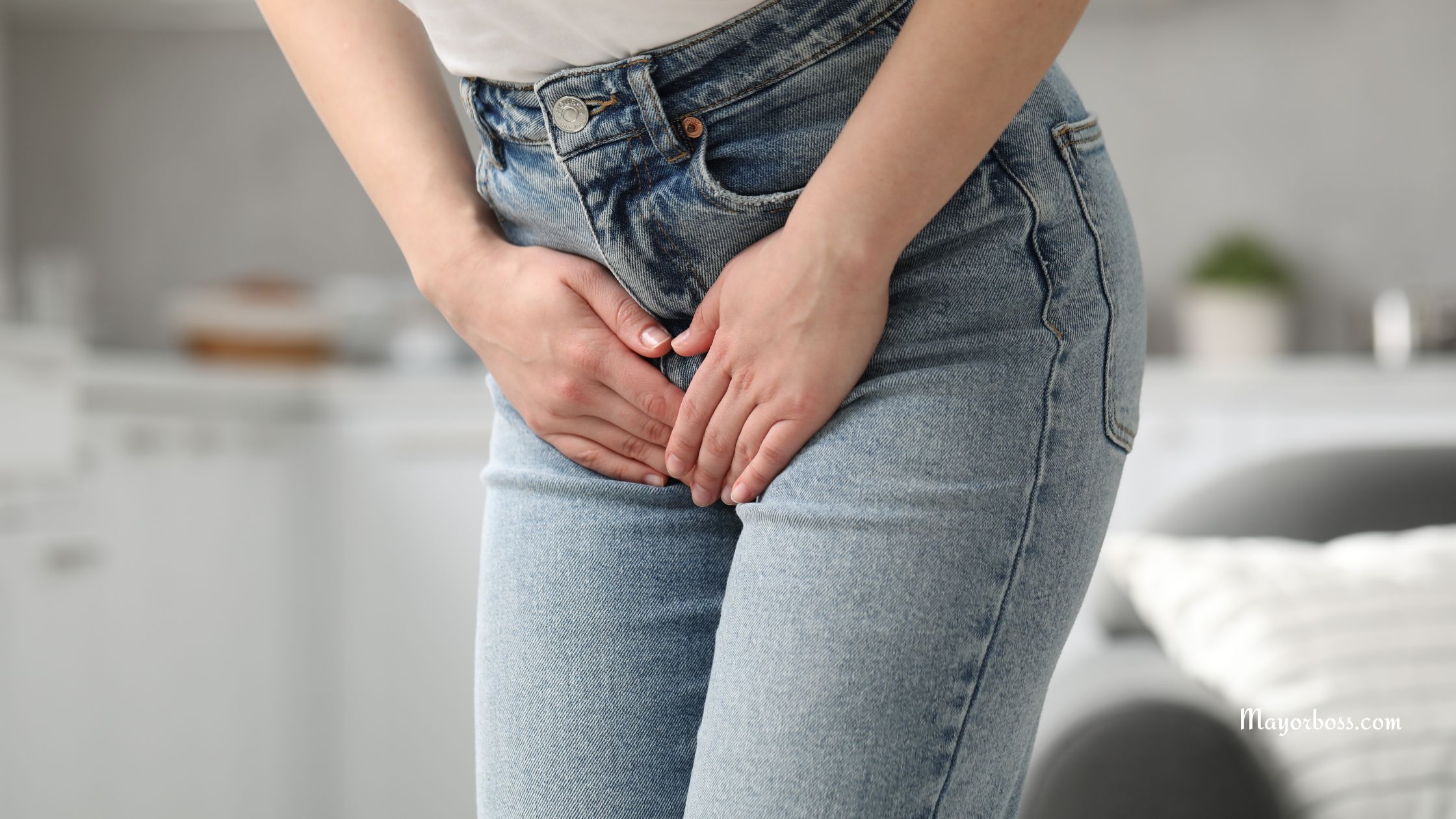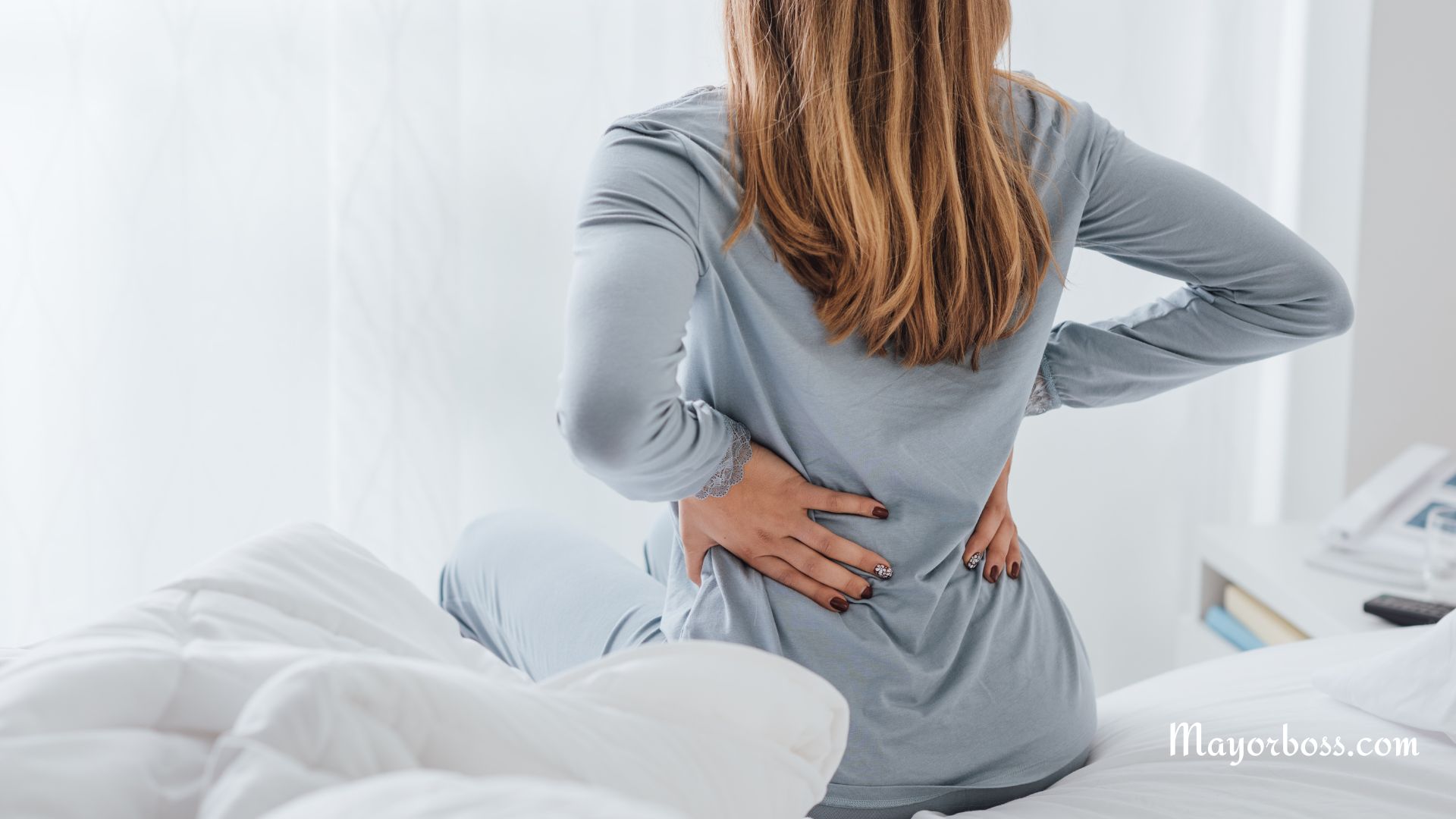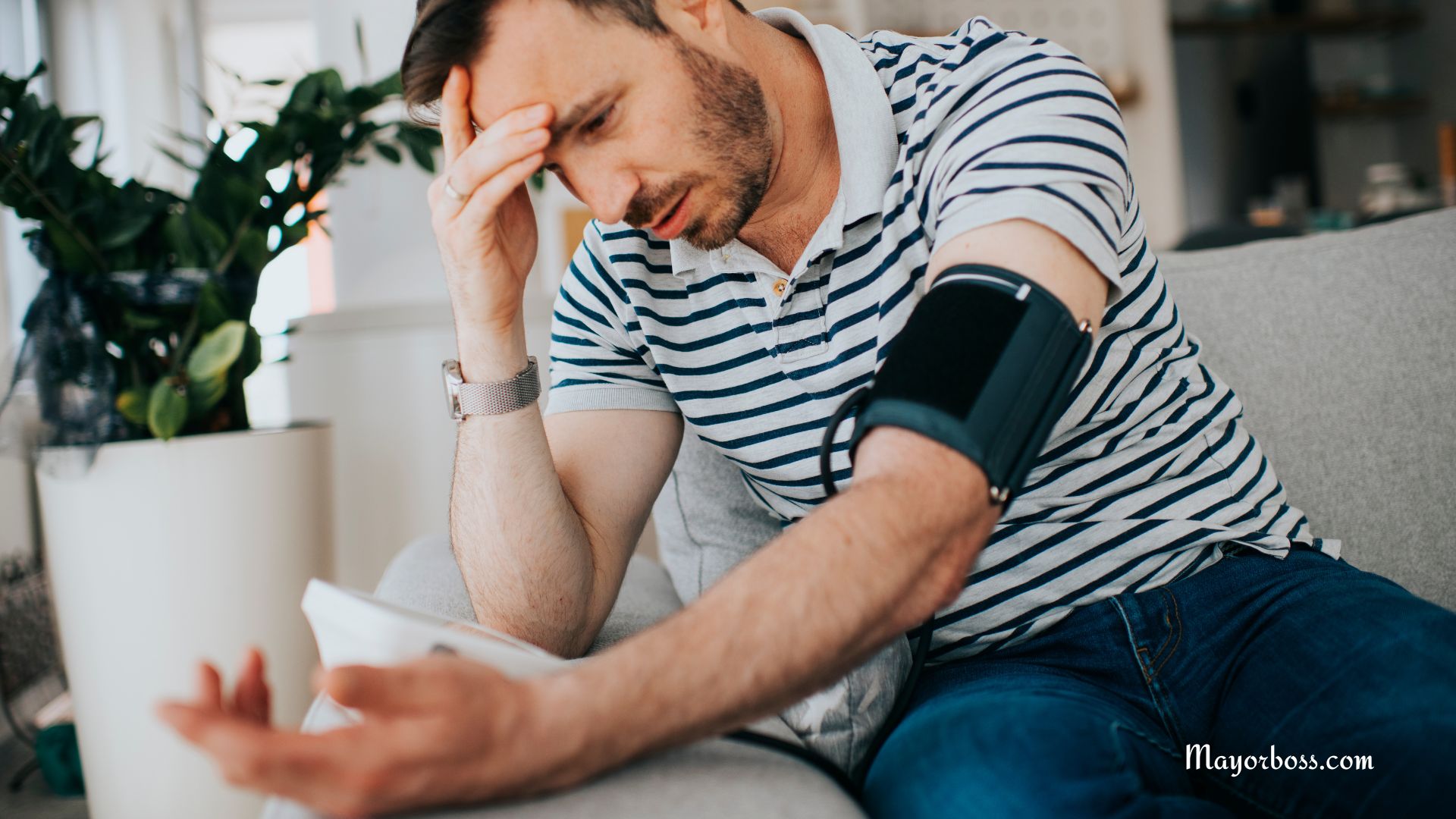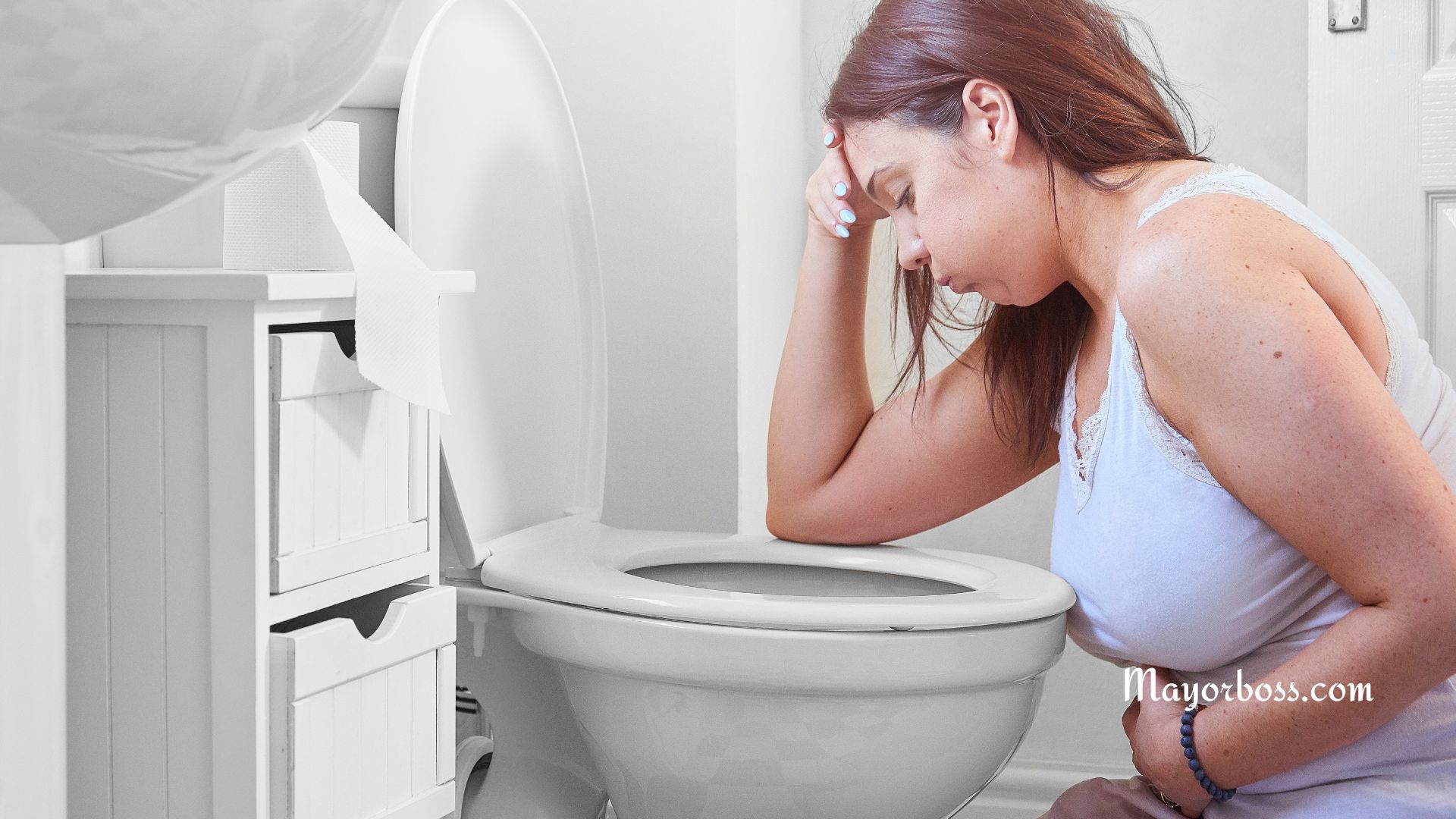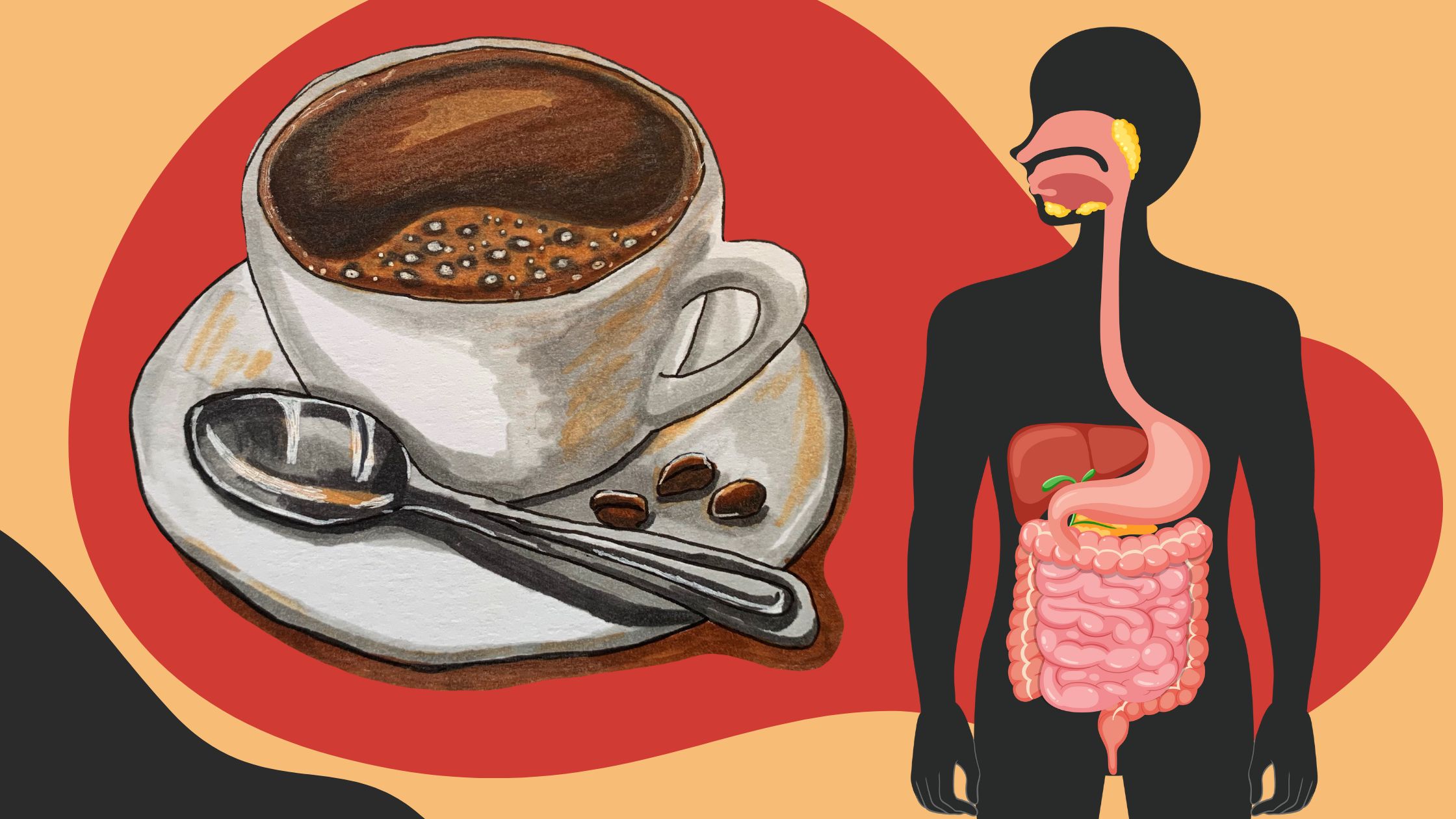6 Tips to Reduce Knee Pain
Knee pain can be a frustrating problem, impacting your daily life and overall mobility. However, there are ways to manage and reduce knee pain. In this article, I’ll share six tips to help you reduce knee pain and improve your quality of life.
Tips to Reduce Knee Pain
1. Regular Exercise
Regular exercise is critical in helping reduce knee pain.
This is because exercise strengthens the muscles around the knee, which can alleviate strain and pressure on the joint.
However, it’s important to choose low-impact exercises like walking, swimming, cycling, or yoga that won’t further stress the knees.
In fact, a well-structured exercise routine can potentially help enhance knee stability and flexibility.
2. Over-the-counter Medications
Over-the-counter pain relievers and anti-inflammatory medications like ibuprofen (Advil, Motrin IB) or acetaminophen (Tylenol) can be used to manage and reduce knee pain.
Nonsteroidal anti-inflammatory drugs (NSAIDs) can relieve pain and decrease inflammation.
However, these should be used as directed by a healthcare provider, as long-term use can lead to side effects.
3. Maintain a Normal Weight
One of the most effective ways to reduce knee pain is by managing your weight.
Extra weight can basically put additional stress on your knee joints, thereby increasing pain and potentially hastening the progression of conditions like osteoarthritis.
Even losing a small amount of weight can make a significant difference in reducing knee pain.
4. Use of Proper Footwear
The type of shoes you wear can also impact knee pain.
Shoes that provide good arch support and cushioning can help distribute body weight evenly, thereby reducing stress on your knees.
Besides, if you have flat feet or high arches, you might want to consider orthotics for additional support.
5. Physical Therapy
Physical therapy can be a valuable tool in the quest to reduce knee pain.
A good physical therapist can create a personalized exercise program that strengthens the muscles around your knee, improves balance, and increases flexibility.
They can also teach you correct posture and movement techniques to protect your knee joints.
6. Heat and Cold Therapy
You can also reduce knee pain through heat and cold therapy.
Heat therapy (such as warm baths, heating pads, or hot packs) can relieve more chronic aches by relaxing muscles and promoting blood flow.
On the other hand, cold therapy (such as ice packs or cold compresses) can reduce inflammation and numb acute pain, especially after physical activity.
Frequently Asked Questions about Knee Pain
What are some common causes of knee pain?
Knee pain can be caused by a variety of factors, including injuries like sprains or strains, ligament tears, or meniscus injuries.
Degenerative conditions like osteoarthritis, rheumatoid arthritis, and bursitis are also common causes.
In addition, overuse from sports or exercise, improper form during physical activity, and being overweight can lead to knee pain.
2. When should I see a doctor for knee pain?
You should see a doctor for knee pain if the pain is severe, if the knee is swollen, red, or warm to the touch, or if you can’t bear weight on it.
Additionally, if your knee pain persists beyond a few days despite rest and home care, or if it’s affecting your quality of life, you should consult a healthcare provider.
What treatments are available for knee pain?
Treatments for knee pain depend on the cause, severity, and duration of the pain.
Some common treatments include rest, physical therapy, medication (like NSAIDs or corticosteroids), and in some cases, surgery.
Lifestyle modifications such as weight loss and low-impact exercise can also help manage knee pain.
Can I prevent knee pain?
Yes, knee pain can often be prevented or minimized.
Maintaining a healthy weight can reduce strain on the knees.
Regular exercise, especially activities that strengthen the muscles surrounding the knee, can also be beneficial.
Proper form during physical activity is crucial to prevent overuse and injury.
Finally, wearing supportive footwear and using protective gear during sports can help prevent knee injuries.
In conclusion
These tips can help reduce knee pain, improving your quality of life. It’s worth noting, however, that persistent knee pain should not be ignored, and it’s important to seek professional medical advice if your knee pain is severe, persists despite self-care measures, or if it impacts your ability to complete daily tasks.

